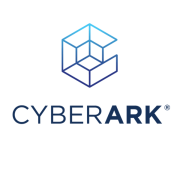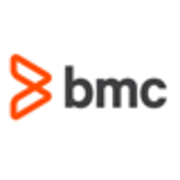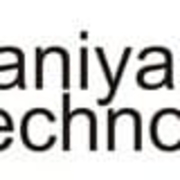Endpoint Compliance ensures devices adhere to security policies, safeguarding networks from unauthorized access while maintaining data integrity and protection.
Organizations prioritize Endpoint Compliance to tackle security challenges, aligning policies with emerging threats. This approach focuses on endpoint device communication, ensuring access to sensitive data is only granted to compliant devices, minimizing potential breaches.
What are the critical features of Endpoint Compliance solutions?In healthcare, Endpoint Compliance solutions are essential for protecting patient data, ensuring devices used for accessing health records meet privacy regulations. In finance, it helps secure client information by maintaining strict access controls and continuous policy updates across all endpoint devices.
Organizations use Endpoint Compliance to mitigate risks associated with endpoint devices. It promotes secure access controls, reduces vulnerability, and helps maintain adherence to regulatory requirements, making it an integral part of the organization’s security strategy.

















Endpoint Compliance solutions enhance data security by ensuring that all devices connected to your network adhere to your organization's security protocols. These solutions monitor and manage endpoints to prevent unauthorized access, reduce vulnerabilities, and enforce security policies. By doing so, you minimize the risk of data breaches and protect sensitive information from cyber threats.
What are the common challenges in implementing Endpoint Compliance solutions?Implementing Endpoint Compliance solutions can be challenging due to the complexity of managing diverse devices and operating systems. Ensuring consistent policy enforcement across different platforms and locations requires advanced tools and expertise. Other challenges include balancing security with user productivity, ensuring compliance with industry regulations, and managing integration with existing IT infrastructure.
How do Endpoint Compliance solutions support remote work?Endpoint Compliance solutions support remote work by providing secure access to corporate resources from any location. They enforce security policies on remote devices, ensuring that only compliant devices can access sensitive data. These solutions also offer features like virtual private networks (VPNs) and multi-factor authentication (MFA) to enhance security for remote workers, enabling them to work efficiently and securely from anywhere.
What are the key features to look for in Endpoint Compliance solutions?When evaluating Endpoint Compliance solutions, look for features such as real-time monitoring, automatic updates, and patch management. Integration with existing security tools and compatibility with various operating systems are crucial. Consider solutions offering strong encryption, advanced reporting capabilities, and user-friendly interfaces. Additionally, scalability and support for emerging technologies like zero trust architecture will future-proof your investment.
How can Endpoint Compliance solutions help in maintaining regulatory compliance?Endpoint Compliance solutions help maintain regulatory compliance by ensuring that devices adhere to legal and industry standards. They provide tools to monitor and document compliance efforts, generate audit reports, and enforce policies required by regulations like GDPR, HIPAA, and PCI-DSS. By automating compliance processes, these solutions reduce the risk of non-compliance and potential penalties while ensuring your organization meets all necessary legal obligations.